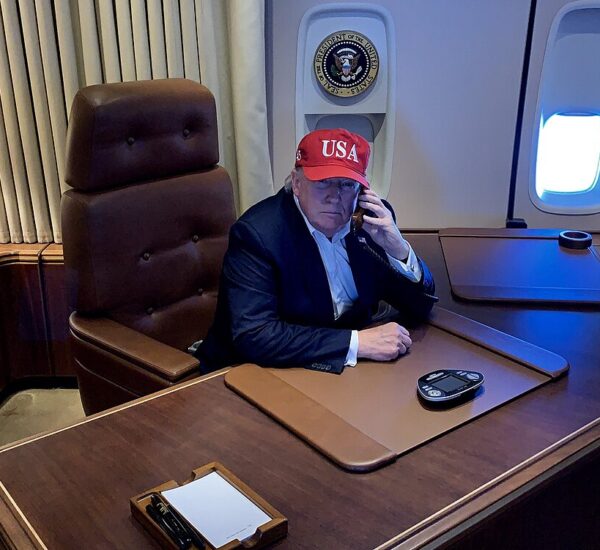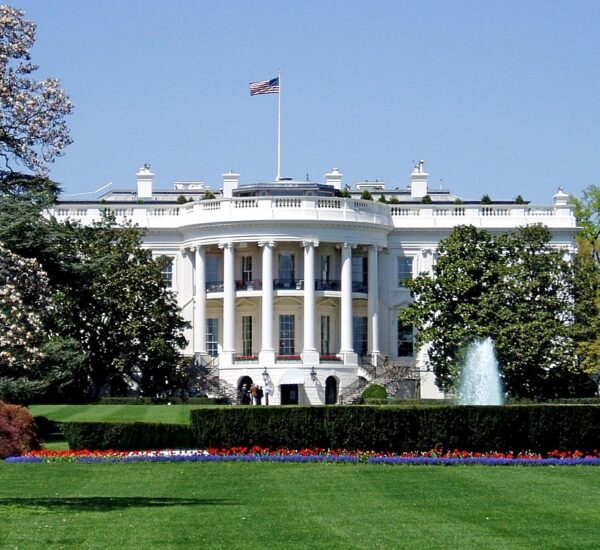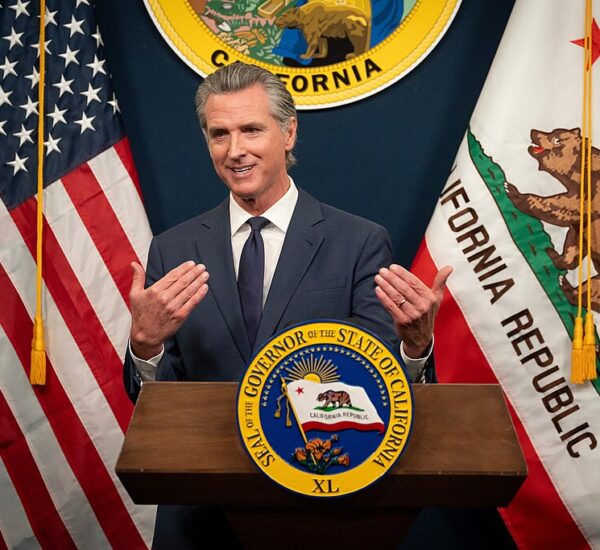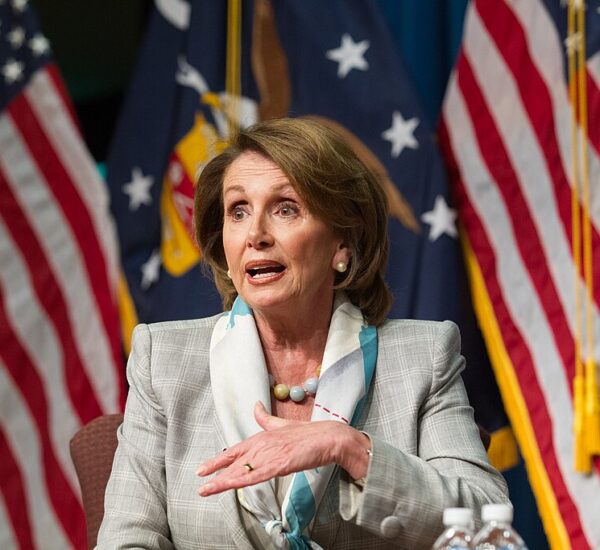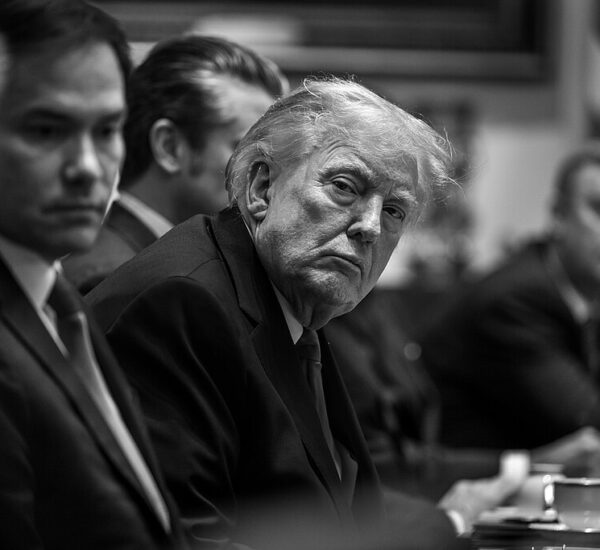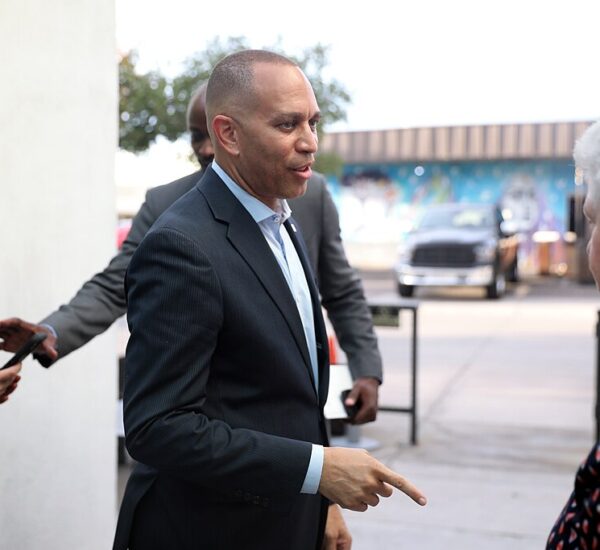Bolton Breaks Silence On UN Reform
John Bolton, former National Security Adviser to President Trump, has made it clear that if Rep. Elise Stefanik (R-N.Y.) is confirmed as U.S. Ambassador to the United Nations, she will face significant challenges in reforming the deeply entrenched U.N. system. Bolton, known for his hawkish foreign policy views, argued that a fundamental shift is necessary in the way the U.S. engages with the U.N. He warned that U.N. reform would face resistance not just from the international community, but from within the U.S. government itself, particularly from the State Department’s bureaucratic inertia.
Bolton’s criticism focuses on the U.S.’s financial contributions to the U.N., which he describes as “out of control.” For years, the U.S. has been the largest contributor to the 193-member body, funding both mandatory and voluntary contributions. Bolton pointed out that the mandatory payments—known as assessed contributions—amount to a kind of “taxation” by other U.N. members, as they are required regardless of how the U.S. votes or engages with U.N. policy. He believes that the U.S. should put an end to the practice of paying assessed contributions and should instead fund only those U.N. agencies and programs that meet high standards of accountability and performance.
Stefanik, a staunch supporter of Israel and vocal critic of the U.N.’s bias against the Jewish state, has long called for reforming the U.N.’s anti-Israel stance, particularly following the terrorist attack on Israel by Hamas on October 7, 2023. Bolton echoed these concerns, suggesting that a major overhaul of U.S. financial support would empower American interests and put pressure on U.N. agencies to prove their worth.
Bolton, a former U.N. Ambassador, made it clear that the U.S. has the power to cut off funding to underperforming programs without major negative consequences. He recommended a dramatic shift in policy: the U.S. should refuse to accept the concept of assessed contributions entirely. Instead, the U.S. should commit only to voluntary payments, based on a strict evaluation of each agency’s results.
Furthermore, Bolton suggested the U.S. withdraw from certain U.N. agencies, such as UNESCO, which he believes waste American resources without serving American interests. These changes, according to Bolton, would not only strengthen America’s position in the world but also free up crucial funding for defense priorities, which should be a top concern in an era of increasing global threats.
Bolton’s strategy aligns with Trump’s “America First” approach, which emphasizes sovereignty, fiscal responsibility, and prioritizing national interests over global institutions that often act in opposition to American values. If Stefanik and President Trump’s other appointments, such as Senator Marco Rubio for Secretary of State, follow through with these reforms, it would mark a decisive break from the past—one that puts America’s financial and diplomatic interests first, while demanding more accountability from the U.N. and other international organizations.
In the eyes of many conservatives, Bolton’s ideas represent a practical approach to reclaiming American influence on the world stage and ensuring that taxpayer dollars are spent wisely and in line with American values. It’s time for the U.N. to either reform or face reduced American support, making way for a more pragmatic and results-oriented foreign policy.

